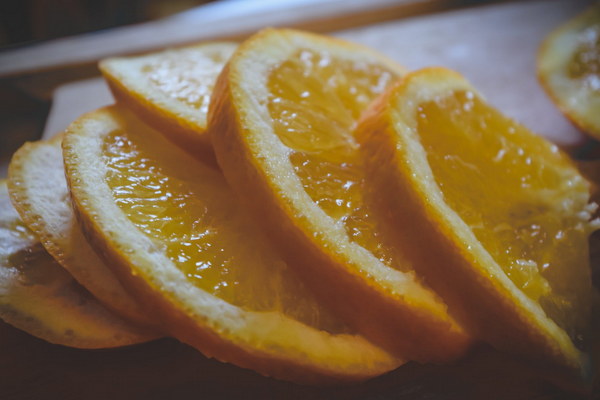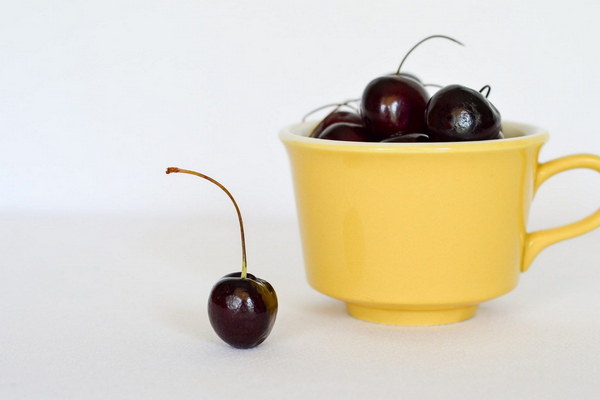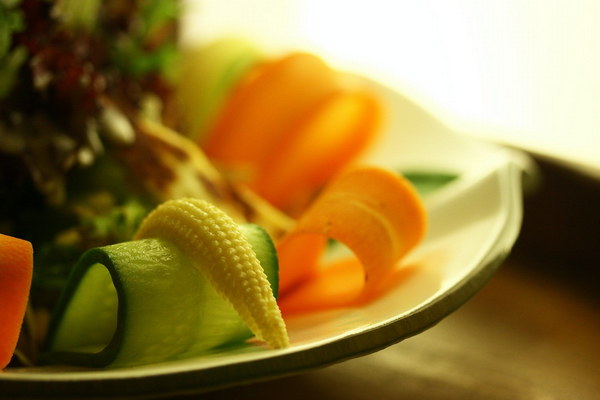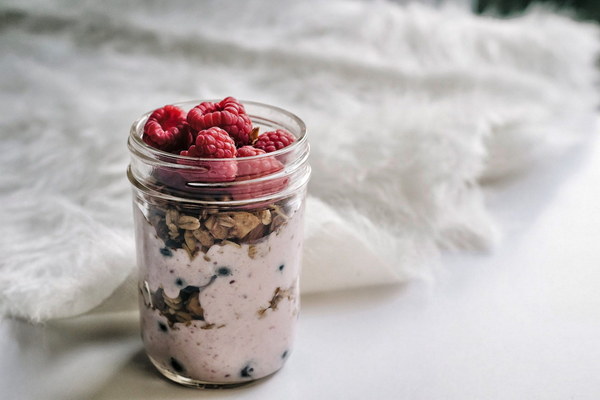Unveiling the Power of Cinnamon Does It Really Help Dampness
In traditional Chinese medicine, the concept of dampness is a common ailment that can affect various aspects of a person's health. One of the most popular herbs used to combat dampness is cinnamon. But does cinnamon really help in getting rid of dampness? Let's explore this question in detail.
Understanding Dampness in Traditional Chinese Medicine
In traditional Chinese medicine (TCM), dampness is believed to be caused by an imbalance of moisture in the body, leading to various symptoms such as fatigue, weight gain, bloating, and poor digestion. The theory is that when dampness accumulates in the body, it can obstruct the flow of Qi (vital energy) and lead to a range of health issues.
Cinnamon, also known as Rougui in Chinese, has been used for centuries in TCM as a herbal remedy for dampness. It is believed to have warming properties that can help expel dampness and promote healthy fluid balance in the body.
Cinnamon: A Warming Spice with Potential Health Benefits
Cinnamon is a spice derived from the bark of several tree species, primarily the cinnamon tree (Cinnamomum verum). It has a rich history of use in both culinary and medicinal practices. The active compounds in cinnamon, such as cinnamaldehyde, have been shown to possess various health benefits, including anti-inflammatory, antimicrobial, and anti-diabetic properties.
Does Cinnamon Help Dampness?
While scientific research on cinnamon's effectiveness in treating dampness is limited, there are some studies that suggest it may have a positive impact. Here are a few potential ways cinnamon can help combat dampness:
1. Improved Digestion: Cinnamon has been shown to stimulate digestive enzymes, which can aid in breaking down food and promoting healthy digestion. This can help prevent the accumulation of dampness in the body.
2. Anti-inflammatory Properties: Chronic inflammation can contribute to dampness in the body. Cinnamon's anti-inflammatory properties can help reduce inflammation and improve overall health.
3. Antimicrobial Effects: Cinnamon has been found to have antimicrobial properties that can help combat infections, which can sometimes lead to dampness.
4. Blood Sugar Regulation: In TCM, dampness is often associated with blood sugar imbalances. Cinnamon has been shown to help regulate blood sugar levels, which may help in managing dampness-related symptoms.
How to Use Cinnamon for Dampness
To incorporate cinnamon into your diet for dampness, you can add it to a variety of dishes, such as:
- Cinnamon Tea: Brew a cup of tea with cinnamon sticks or ground cinnamon and enjoy its warming properties.
- Cinnamon Spices: Use cinnamon in your cooking to add flavor and potential health benefits to various dishes.
- Cinnamon Buns: Enjoy a treat that's both delicious and may help combat dampness.
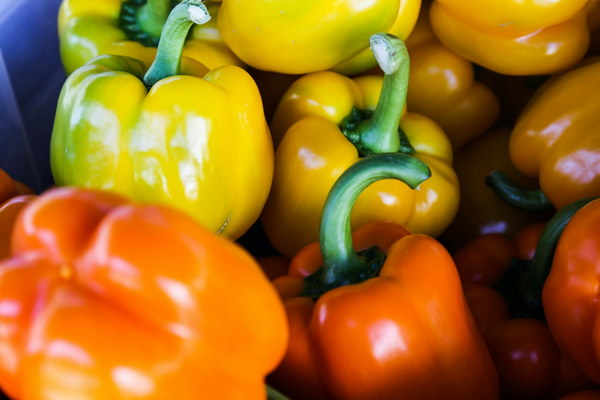
It's important to note that while cinnamon may have potential benefits in treating dampness, it is not a substitute for professional medical advice. If you're experiencing symptoms of dampness or any other health issue, it's best to consult with a healthcare professional.
In conclusion, cinnamon may offer some benefits in the treatment of dampness, but more research is needed to fully understand its effects. Incorporating cinnamon into your diet may be a healthy addition, but it should not replace traditional medical treatment for dampness or any other health condition.
